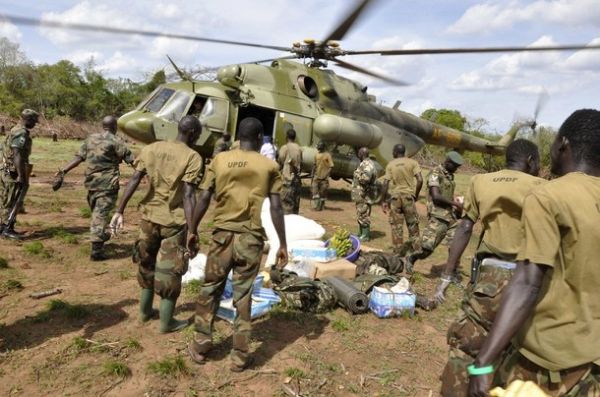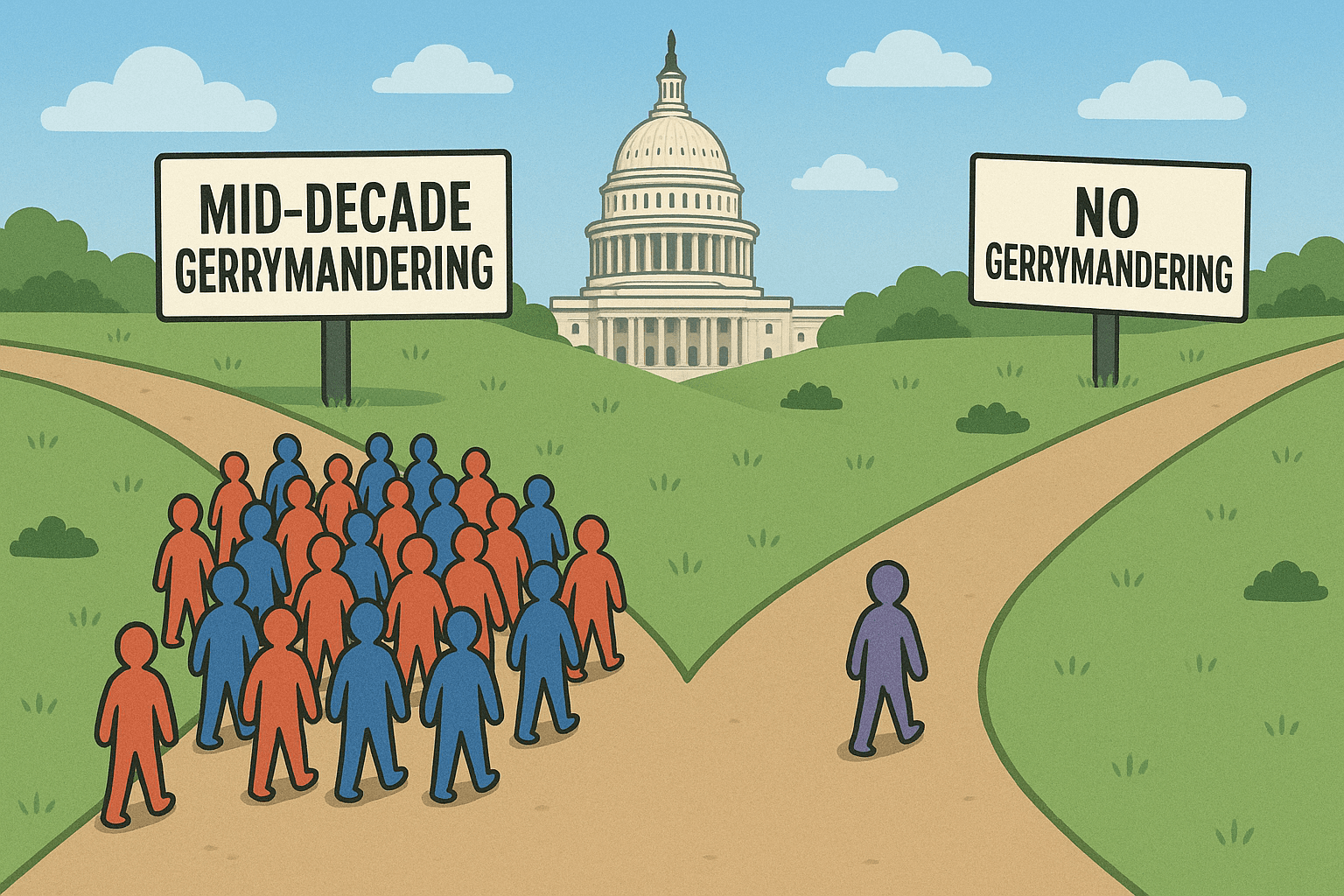M23 Rebel Group Conquers as Rwanda Works UN Security Council Seat

For many casual observers, conflict in the heart of Africa is a return to the norm. What is occurring now is far from what has happened in the past, as a new rebel group has taken control of the capital city of Goma in the Democratic Republic of Congo’s North Kivu state. Rebel control of the city extends well beyond the displacement and death of thousands of people, leaving behind it global political and economic consequences.
The International Rescue Committee estimates that 5.4 million people have died during a perpetual state of chaos and conflict that has existed since 1998. That number makes the war in Congo the deadliest conflict since the Holocaust.
That number could rise dramatically if violence escalates. On Tuesday, the M23 rebel group took the capital city of Goma. Goma sits in the heart of a conflict zone that expands two Democratic Republic of Congo (DRC) States, North and South Kivu, Rwanda, Burundi, Uganda, Central African Republic, and South Sudan. The capital city sits on the border of DRC and Rwanda.
The DRC States of North and South Kivu are two of the most natural resource-rich areas in the world. The collective un-harvested natural resources in the two provinces are worth an estimated $25 trillion. The resources make the DRC one of the wealthiest, if not the wealthiest, nation on the planet.
Although abundant natural resources are present in the area, little modern infrastructure exists to make it accessible. This is partially due to DRC being home to the second largest rainforest in the world, making any infrastructure projects exponentially more difficult to complete. To overcome the obstacle, private companies or international actors undertake these projects in return for access to the resources.
When these resources are harvested, they are transported out of the Congo into Rwanda and then dispersed around the globe. Because Goma sits on the border between the resources and the exporters all roads, economically, politically, or militarily, lead through Goma.
The Rwandan government has an interest in controlling the city because it is their economic lifeline, given that their country lacks natural resources but has the economic infrastructure to support export activity. They also recognize that a lack of security in the DRC could allow them to take control of the resources, create windfall profits, and take up a larger role in the international marketplace. These economic drivers may be the motivating factor behind Rwandan support of the M23 rebel group.
M23 is a relatively new militia in an area that has a long history of being overrun by violent groups. Some bands pop up for political purposes, as portions of a local tribe, while others appear as a mechanism for maintaining security in an area which rarely receives it by any official means.
In a leaked UN report, the Group of Experts on the Democratic Republic of the Congo asserts that Rwanda maintains direct control over the M23 rebel group. Oddly, the central African government was elected to the UN Security Council one day following the document’s release. Non-permanent seats on the Security Council are apportioned by continent, and Rwanda was the only African nation to stand for a seat, running unopposed.
Because Rwanda sits on the UN Security Council (UNSC) they have direct control over the Group of Experts who is charged with investigating activity in the Congo and controlling the UN peacekeeping mission, MONUSCO, to the area. Their presence on the council creates a delicate balancing act between nations, as some Western states then must consider Rwandan support on other UNSC missions, including Syria. If Western states challenge the Rwandan role in the Congo, they may lose their support during other important votes where an international consensus depends on their voice.
Rwanda has positioned itself to have a key voice in the most important international governing body. Because they have assumed a seat on the UNSC, they may leverage their vote on more familiar issues as a means to take power in the DRC. Rwanda's role in the international scene will become more prominent and critical during their two-year term on the UNSC.
Their position may create a scenario where mass atrocities, including murder, mass rape, child soldiering, enslavement, and theft at an unimaginable scale goes on uninterrupted because actors fear the political repercussions. Although the M23 rebel group is a relatively new actor on the scene, the atrocities they are committing are not new to the Congo.
Americans should see the actions as largely political. The economic consequences of Rwanda’s actions on the ground in DRC, using M23 as a proxy, will appear in American pockets.




